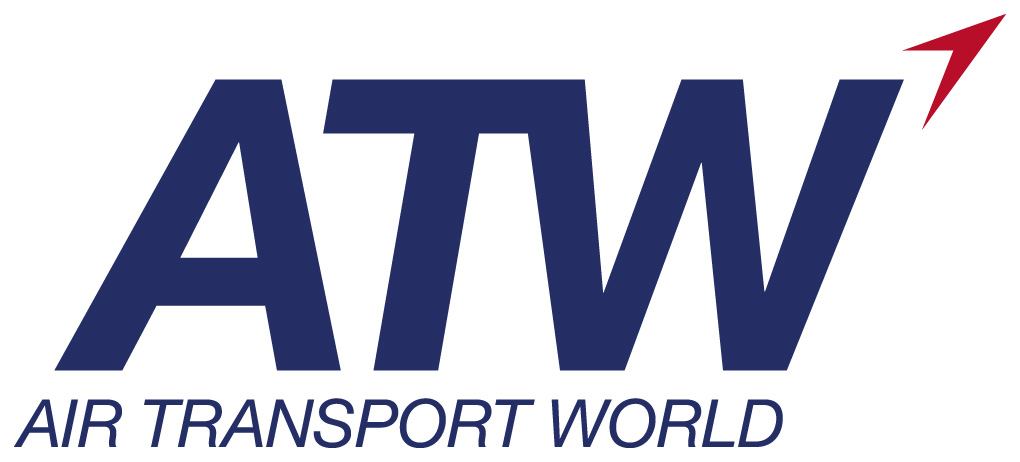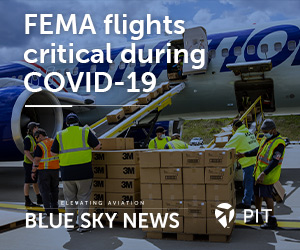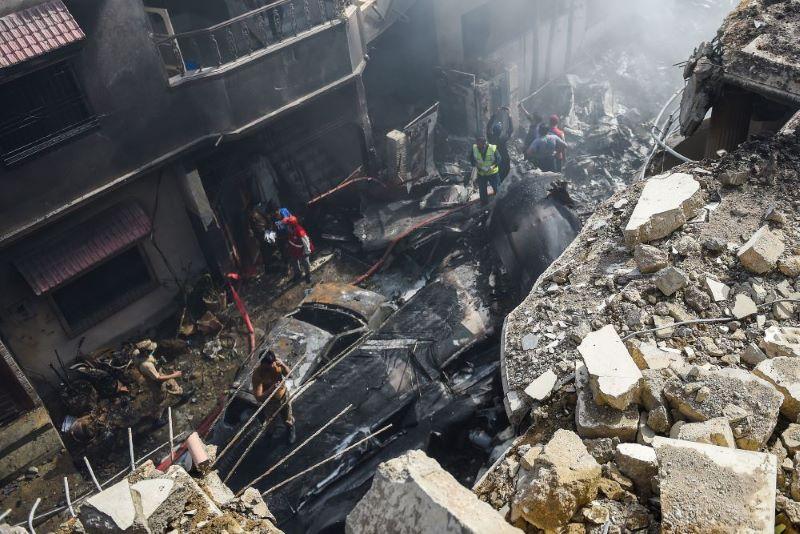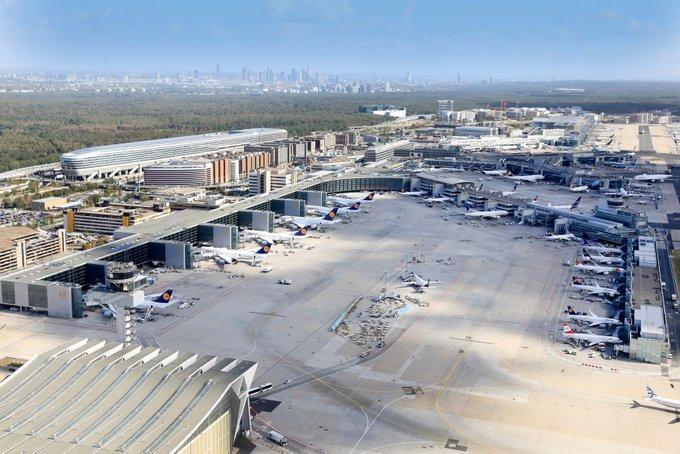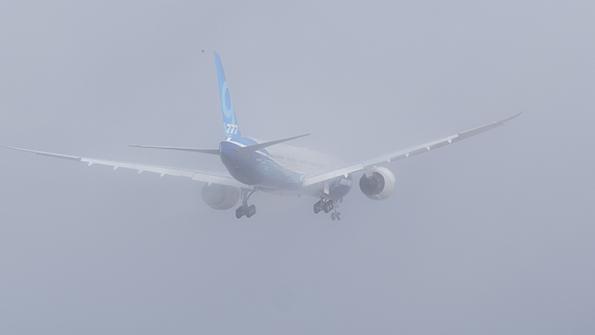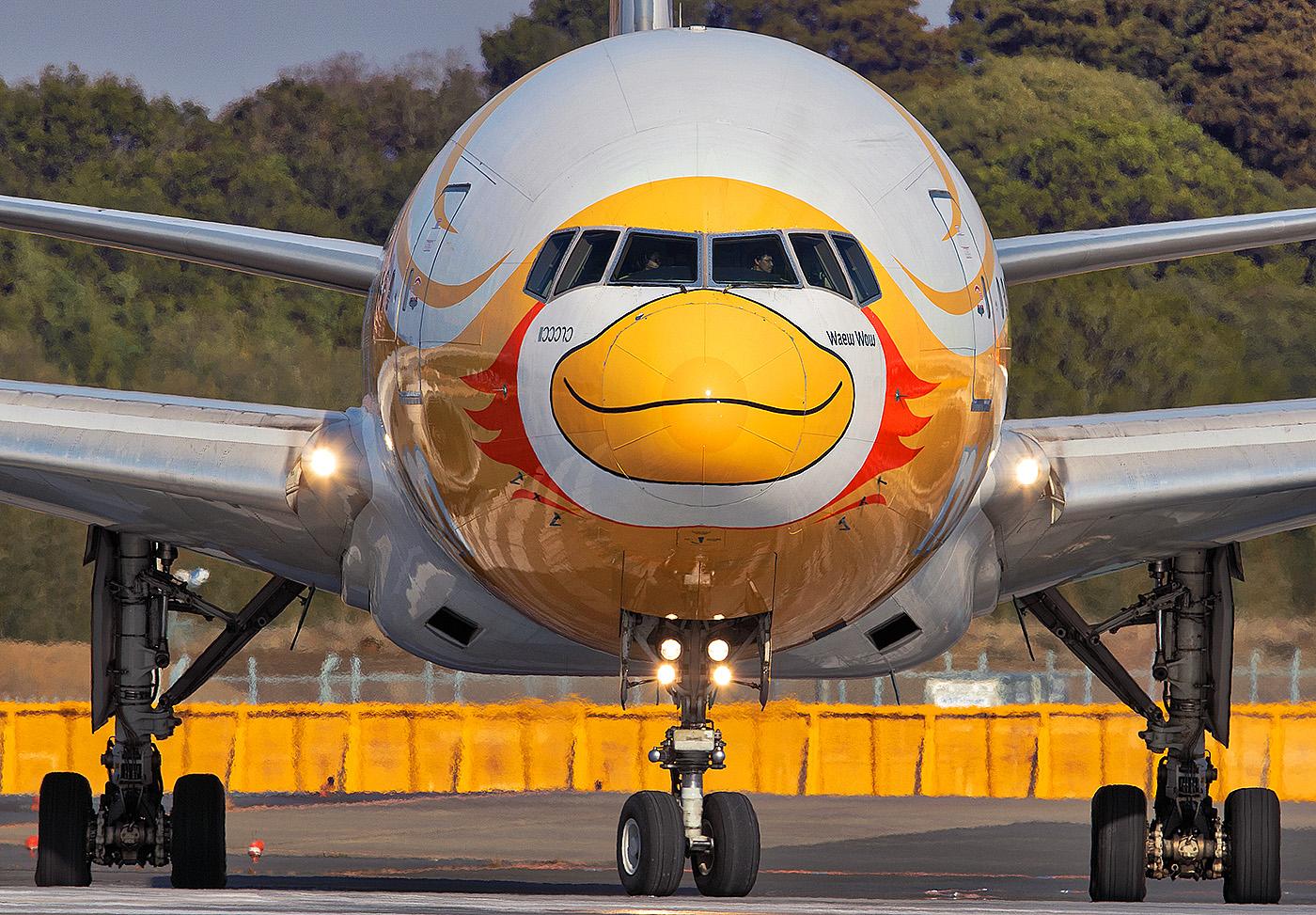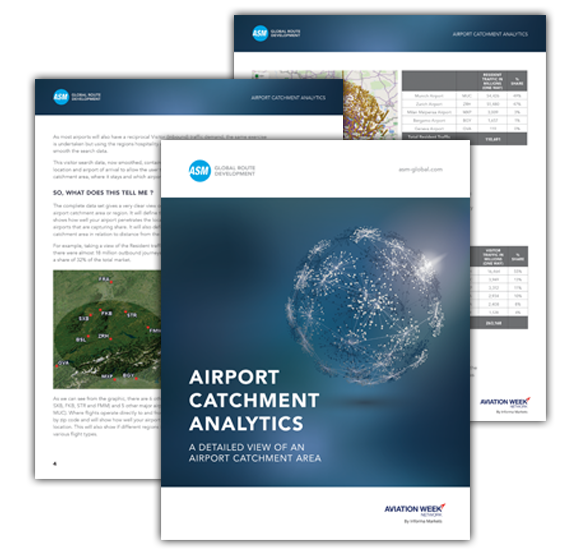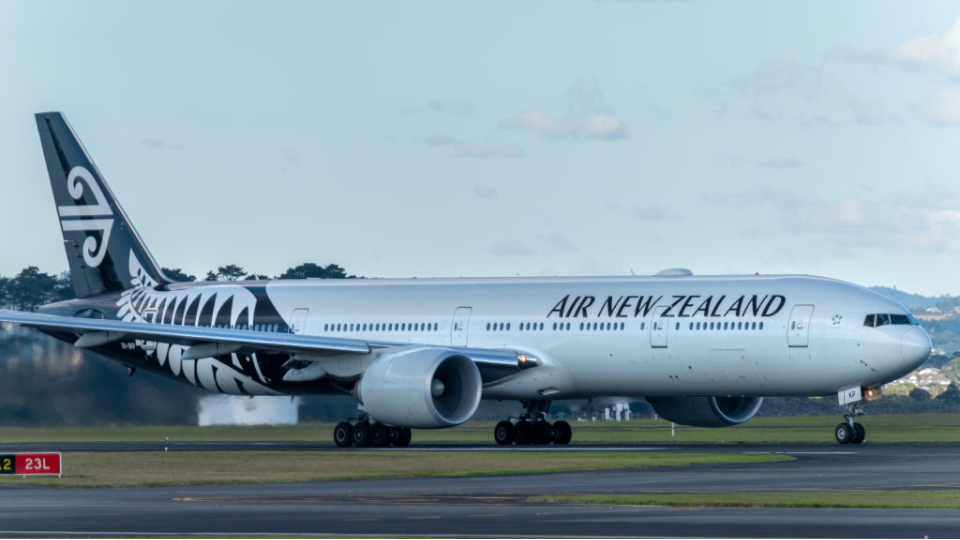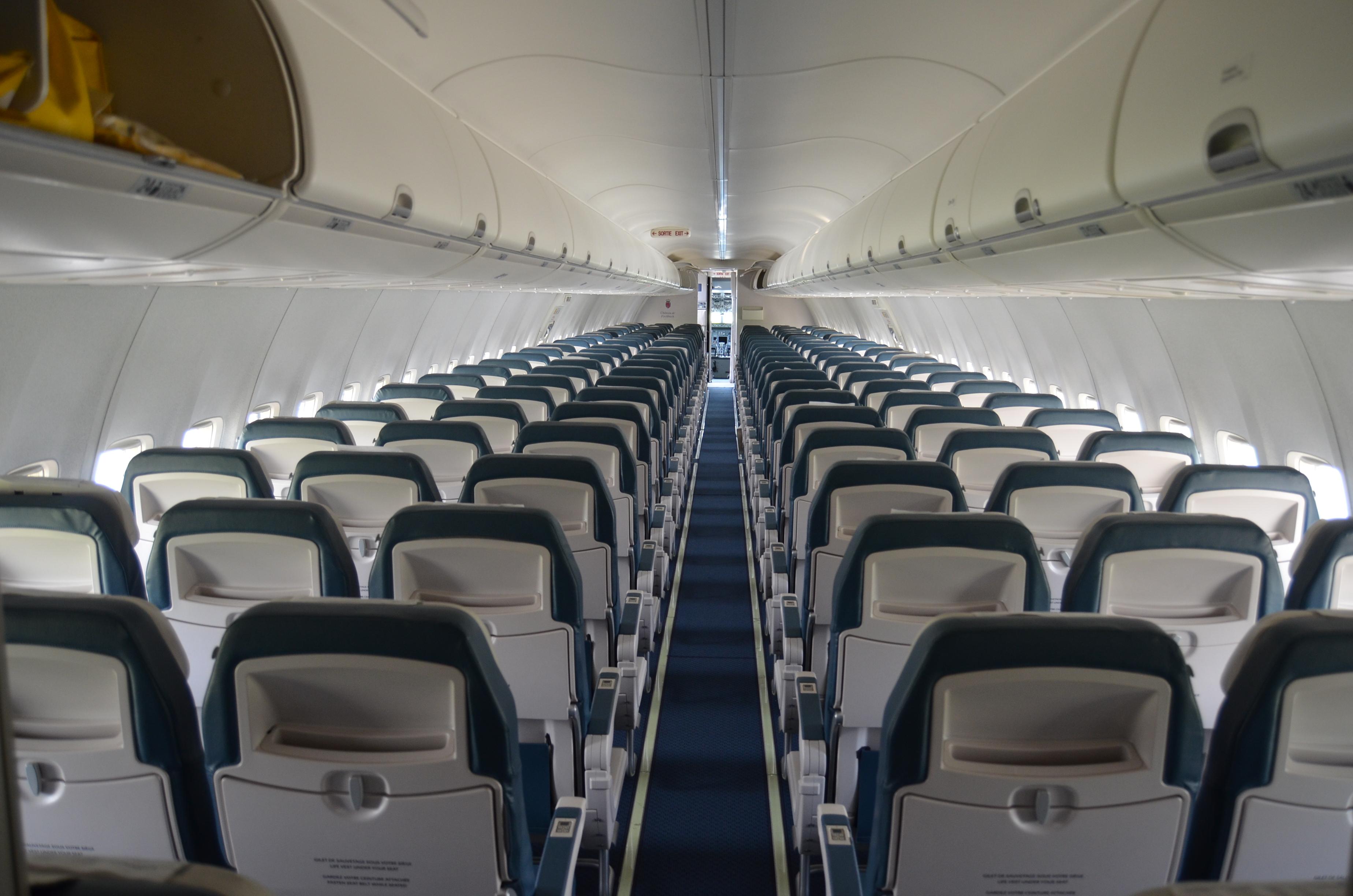June 30 10:00 EDT | 15:00 BST | 22:00 SGT
Latin America has now become the epicenter of the coronavirus outbreak, according to the World Health Organization. The impact of the virus, together with the challenging political landscape in the region, have created huge challenges for the aviation industry across Central and South America. LATAM, the continent’s largest carrier, has applied for Chapter 11 bankruptcy protection as it seeks a major restructure, and the Argentinean market looks set to remain closed until September.
• How can airlines and airports survive the huge financial pressures? • What will a reshaped regional market look like post-lockdown? • How can we recover after the crisis?
Join Aviation Week Network as we take a closer look at the impact on Latin America and what the route to recovery will look like. | 
